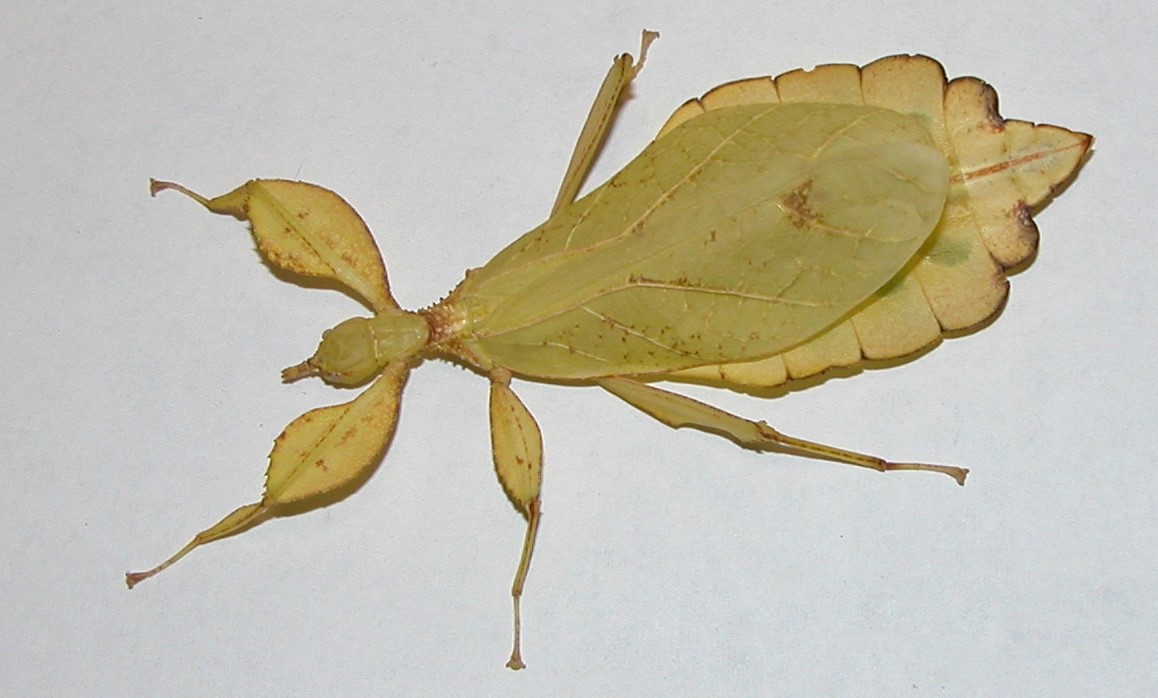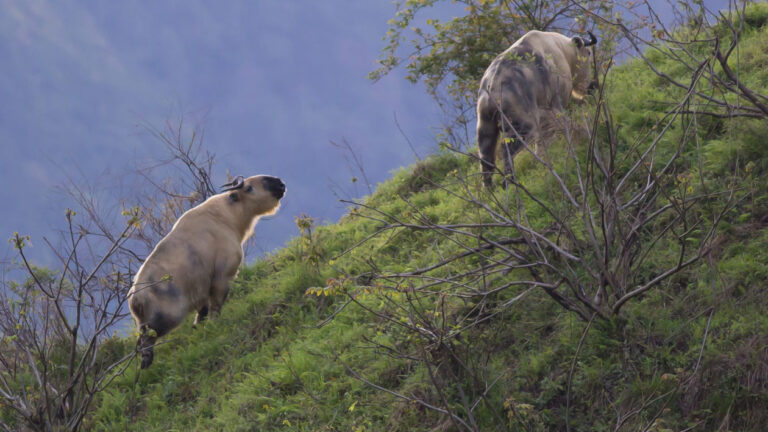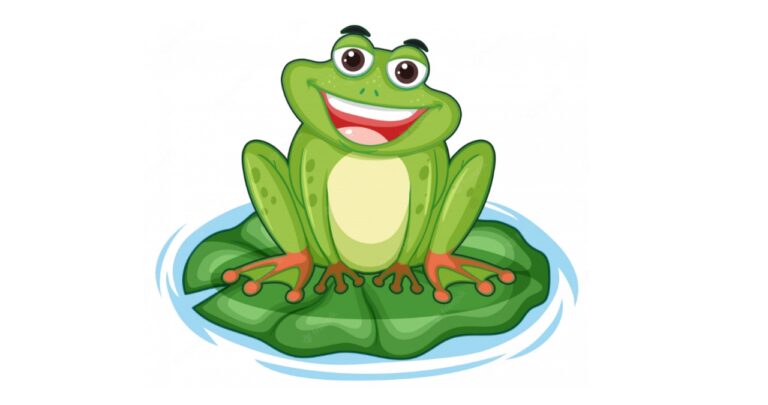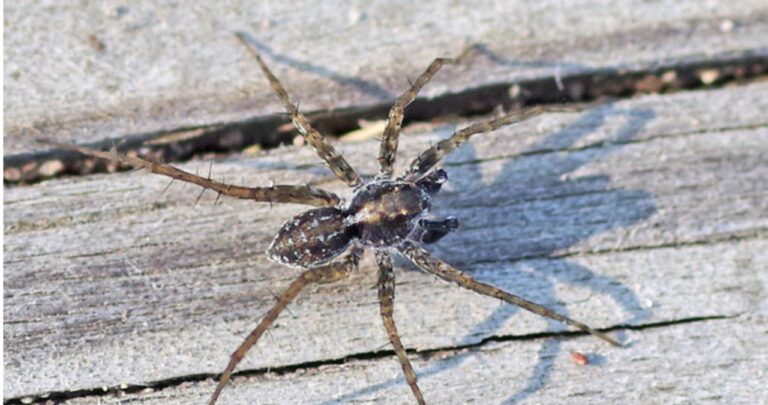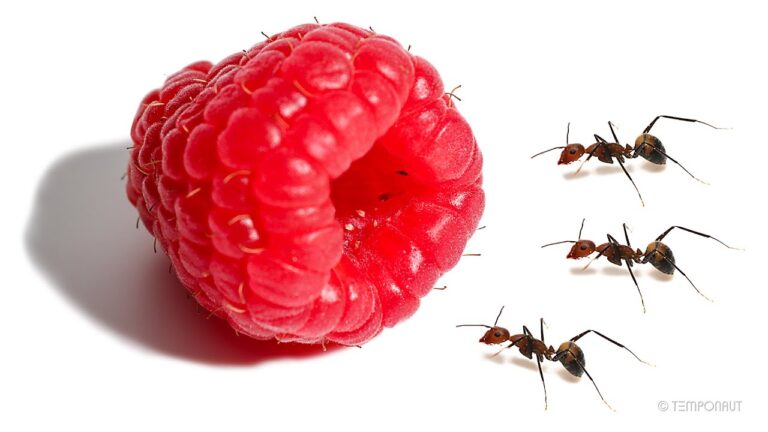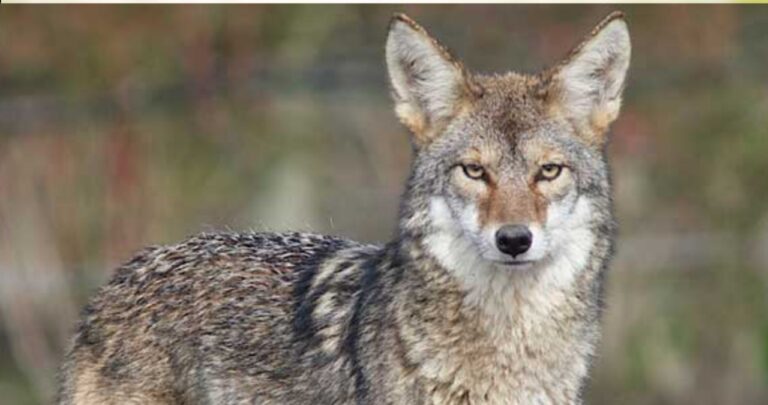The Different Kinds of Insects and What They Do to Benefit Your Garden
Insects are animals and plants that pollinate food crops. Many people do not realize their beneficial role in agriculture. But these little creatures are more than just pests. You can even get a job working for one of these insects. Learn all about them in this informative article. Listed below are some of the different kinds of Insects and what they do to benefit your garden. They are the most widely distributed animals on earth.
Insects are invertebrates
Insects are animals that have no bones and instead have a hard outer covering known as an exoskeleton. These creatures have three main body regions: the head, the thorax, and the abdomen. Insects are among the most diverse groups of animals, accounting for more than half of all known living organisms. While their small bodies make them more versatile, they also make them vulnerable.
They are animals
Some sources, such as the Times of London, the Los Angeles Times, and the Houston Chronicle, allow the use of “who” in animal descriptions. According to the American Psychological Society manual, the Chicago Manual of Style, and Parrot’s Grammar for English Language Teachers, “who” is not appropriate. The Oxford Guide to English Grammar does not allow it. Even though it is more common to use “who” to describe people or animals, it is still incorrect.
They are plants
Plants are the fifth major group of living things and are classified as autotrophic eukaryotes. This means that they can produce their own food, meaning that they need no outside source of food. We are familiar with certain types of plants, including trees and weeds, but what other types of plants are there? Botany, the study of plants, has identified about three hundred fifty thousand species in existence. Other types of algae are not classified as plants.
They pollinate food crops
Insects pollinate food crops to ensure their growth and improve yield. Their presence increases the yield and quality of a variety of crops, including corn, soy, rice, and wheat. These insects also spread pollen and contribute to crop yields by reducing the number of empty seeds. According to a study published in the Proceedings of the Royal Society B: Biological Sciences, pollination is responsible for about 35 percent of crop production.
They reproduce sexually
Throughout their life cycles, animals reproduce sexually. The process begins when a zygote develops into a complex organism composed of cells with two sets of chromosomes. The zygote is fertilized by sperm and develops into an organism of its own. The sexual reproduction process involves an intricate life cycle. Read on to learn more about sexual reproduction in animals. Here are some interesting facts about this life cycle.
They mate
Insects mate in much the same way as animals do. However, they differ in the way they select mates. For example, in the case of insects, males choose females based on their body size and reproductive potential. The results of male choice are often positive, reinforcing the vectors of fecundity that have evolved over generations. On the other hand, it rarely leads to evolution of female display traits. In many cases, male parental investment limits female fecundity, reducing the male reproductive capacity. This results in partial sex role reversal.
Conclusion
insects play a vital role in our ecosystems and agriculture despite their small size. They pollinate many important food crops which helps produce much of the world’s food. From bees and butterflies to beetles and ants, the estimated millions of insect species all contribute in some way such as plant pollination, pest control, or nutrient recycling. While insects may seem like pests at times, we should appreciate the benefits they provide. Protecting insect populations is important for maintaining biodiverse and productive environments. Further research can continue expanding our understanding of these fascinating creatures and how to conserve them for future generations.

I’m publisher on vents today if anyone want post on our website then do contact

